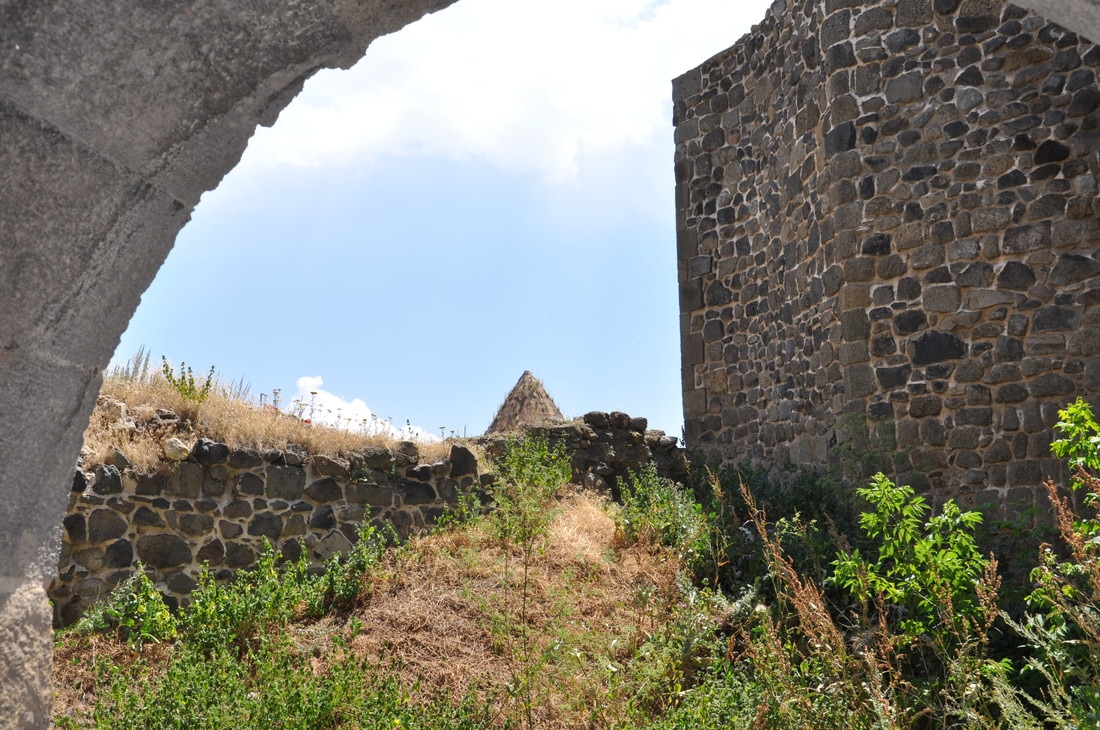Anthropology is the science of humans, past, present and future.
Anthropologists try to answer questions like:
To answer those questions anthropologists look into all kinds of strange places for answers, mainly:
Anthropologists try to answer questions like:
- Why do humans do all the great and terrible things we do? And,
- Is there any hope in the future we’ll be better?
To answer those questions anthropologists look into all kinds of strange places for answers, mainly:
- Evolution &
- Culture
Anthropologists can also answer questions like:
Anthropology is usually divided into two main branches:
How to learn about Anthropology?
For Cultural Anthropology I’d probably start with something fun like reading Desmond Morris’ book called:
For physical anthropology maybe:
http://www.silkroadvirtualuniversity.org/moocs.html
https://www.class-central.com/providers
https://www.coursera.org/
https://www.mooc-list.com/languages
http://www.onlinecoursereport.com/5400-top-university-courses-online/
There are many free books on Anthropology:
http://www.collegeopentextbooks.org/textbook-listings/textbooks-by-subject/anthropologyandarcheology
http://www.gutenberg.org/ebooks/17280
http://www.digitalbookindex.org/_search/search010anthroa.asp
And many more.
There are hundreds of scientific journals studying each of these growing sciences
Most, but not all online anthropology journals require subscriptions (except for “open access”), however Abstracts or summaries of articles are free and usually contain the gist of the research contained therein.
ANTHROPOLOGY JOURNALS (Just a few of the hundreds…)
Current Anthropology http://www.journals.uchicago.edu/toc/ca/current You can download an interesting article for free: http://www.journals.uchicago.edu/doi/pdfplus/10.1086/691178 (The archeology of teaching)
Cultural Anthropology (open access journal) https://culanth.org/
American Anthropologist http://anthrosource.onlinelibrary.wiley.com/hub/journal/10.1111/(ISSN)1548-1433/issues/?activeYear=1950
American Journal of Physical Anthropology http://onlinelibrary.wiley.com/journal/10.1002/(ISSN)1096-8644
Journal of the Royal Anthropological Institute http://onlinelibrary.wiley.com/journal/10.1111/(ISSN)1467-9655
Medical Anthropology Quarterly http://anthrosource.onlinelibrary.wiley.com/hub/journal/10.1111/(ISSN)1548-1387/
Anthropology Today http://onlinelibrary.wiley.com/journal/10.1111/(ISSN)1467-8322
Journal of Anthropological Archaeology https://www.journals.elsevier.com/journal-of-anthropological-archaeology
Journal of the Anthropology of Consciousness, (open source) published by the Society for the Anthropology of Consciousness http://www.sacaaa.org/
https://www.omicsonline.org/anthropology.php
And many others…
ANTHROPOLOGY SOCIETIES
American Anthropology Association http://www.americananthro.org/
Society for Historical Archeology https://sha.org/
Society for Cultural Anthropology (SCA) https://culanth.org/pages/about-the-society
Society for Applied Anthropology https://www.sfaa.net/
And of course, many, many more international, national and local.
Other readings
On Aggression by Konrad Lorenz (Short excerpts can be read at):
http://academic.regis.edu/bplumley/Lorenz,%20On%20Aggression.pdf
https://en.wikipedia.org/wiki/Konrad_Lorenz
Broca's Brain: Reflections on the Romance of Science by Carl Sagan
The Dragons of Eden by Carl Sagan
To be continued…
- Have humans always had wars? (No)
- Why do people fight so much?
- What is love? Why do we love?
- What is happiness? (in different places and times for different people)
- What is beautiful? (in different places and times for different people)
Anthropology is usually divided into two main branches:
- Physical – that includes archeology, biology, evolution, comparative anatomy, and other sciences and,
- Cultural – that includes study of the organization within and between groups of humans (like sociology), the origins, development and decline of social organization as well as related studies like cultural geography, ethnology, ethno-linguistics, economic archeology, folklore and so on.
How to learn about Anthropology?
For Cultural Anthropology I’d probably start with something fun like reading Desmond Morris’ book called:
- The Human Zoo
For physical anthropology maybe:
- The Origin of Species by Charles Darwin https://www.gutenberg.org/files/1228/1228-h/1228-h.htm
http://www.silkroadvirtualuniversity.org/moocs.html
https://www.class-central.com/providers
https://www.coursera.org/
https://www.mooc-list.com/languages
http://www.onlinecoursereport.com/5400-top-university-courses-online/
There are many free books on Anthropology:
http://www.collegeopentextbooks.org/textbook-listings/textbooks-by-subject/anthropologyandarcheology
http://www.gutenberg.org/ebooks/17280
http://www.digitalbookindex.org/_search/search010anthroa.asp
And many more.
There are hundreds of scientific journals studying each of these growing sciences
Most, but not all online anthropology journals require subscriptions (except for “open access”), however Abstracts or summaries of articles are free and usually contain the gist of the research contained therein.
ANTHROPOLOGY JOURNALS (Just a few of the hundreds…)
Current Anthropology http://www.journals.uchicago.edu/toc/ca/current You can download an interesting article for free: http://www.journals.uchicago.edu/doi/pdfplus/10.1086/691178 (The archeology of teaching)
Cultural Anthropology (open access journal) https://culanth.org/
American Anthropologist http://anthrosource.onlinelibrary.wiley.com/hub/journal/10.1111/(ISSN)1548-1433/issues/?activeYear=1950
American Journal of Physical Anthropology http://onlinelibrary.wiley.com/journal/10.1002/(ISSN)1096-8644
Journal of the Royal Anthropological Institute http://onlinelibrary.wiley.com/journal/10.1111/(ISSN)1467-9655
Medical Anthropology Quarterly http://anthrosource.onlinelibrary.wiley.com/hub/journal/10.1111/(ISSN)1548-1387/
Anthropology Today http://onlinelibrary.wiley.com/journal/10.1111/(ISSN)1467-8322
Journal of Anthropological Archaeology https://www.journals.elsevier.com/journal-of-anthropological-archaeology
Journal of the Anthropology of Consciousness, (open source) published by the Society for the Anthropology of Consciousness http://www.sacaaa.org/
https://www.omicsonline.org/anthropology.php
And many others…
ANTHROPOLOGY SOCIETIES
American Anthropology Association http://www.americananthro.org/
Society for Historical Archeology https://sha.org/
Society for Cultural Anthropology (SCA) https://culanth.org/pages/about-the-society
Society for Applied Anthropology https://www.sfaa.net/
And of course, many, many more international, national and local.
Other readings
On Aggression by Konrad Lorenz (Short excerpts can be read at):
http://academic.regis.edu/bplumley/Lorenz,%20On%20Aggression.pdf
https://en.wikipedia.org/wiki/Konrad_Lorenz
Broca's Brain: Reflections on the Romance of Science by Carl Sagan
The Dragons of Eden by Carl Sagan
To be continued…


